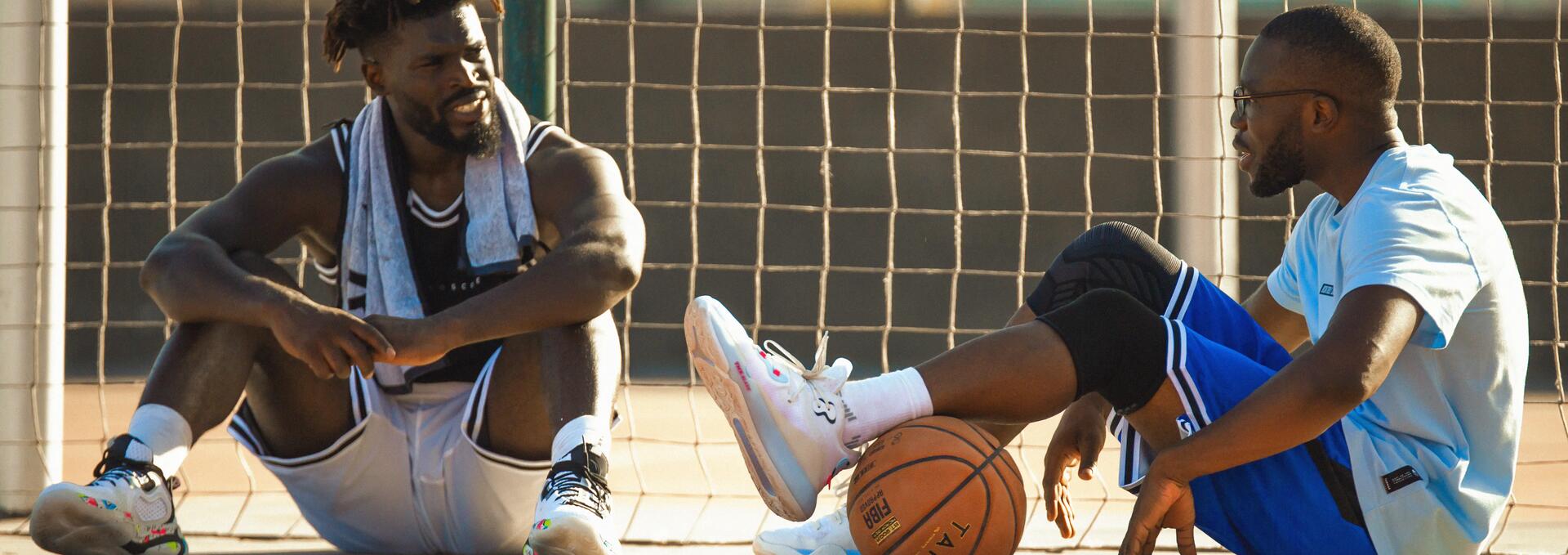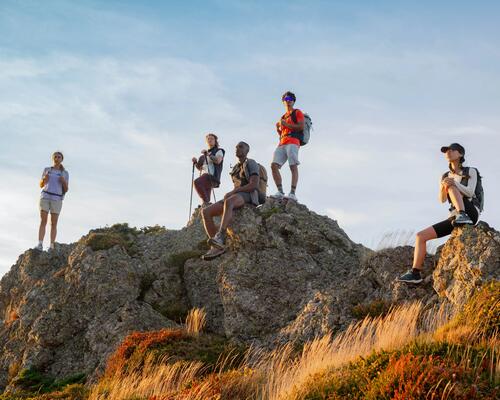Pledge #1 - Decarbonise our business in line with the Paris Climate Agreement
We have built a climate strategy and decarbonisation trajectory compatible with the Paris Climate Agreement and aligned with the Net Zero Standard recommended by the Science Based Target Initiative (SBTi).
DECATHLON's sustainable development objectives
Overall Net-Zero Target: DECATHLON is committed to achieving Net Zero by 2050.
(This means that greenhouse gas emissions are reduced to as close to zero as possible, with the remaining emissions in the atmosphere being reabsorbed, for example by the oceans and forests. Precisely, for DECATHLON, when we use the term Net Zero according to SBTi, we mean that we aim for -90% absolute emissions with neutralization of residual emissions to contribute to global carbon neutrality).
Near-Term Targets: DECATHLON commits to reduce absolute scope 1 and 2 GHG emissions 42% by 2030 from a 2021 base year. Decathlon also commits to reduce absolute scope 3 GHG emissions 42% within the same timeframe.
Long-Term Targets: DECATHLON commits to reduce absolute scope 1 and 2 GHG emissions 90% by 2050 from a 2021 base year. DECATHLON also commits to reduce absolute scope 3 GHG emissions 90% within the same timeframe.
To achieve this goal, DECATHLON is: - decarbonising the company's activities across the end-to-end business
- optimising our product offer and designing products that last - scaling up circular business models, including Second Life, Repair, Rental, etc.


